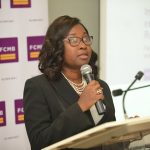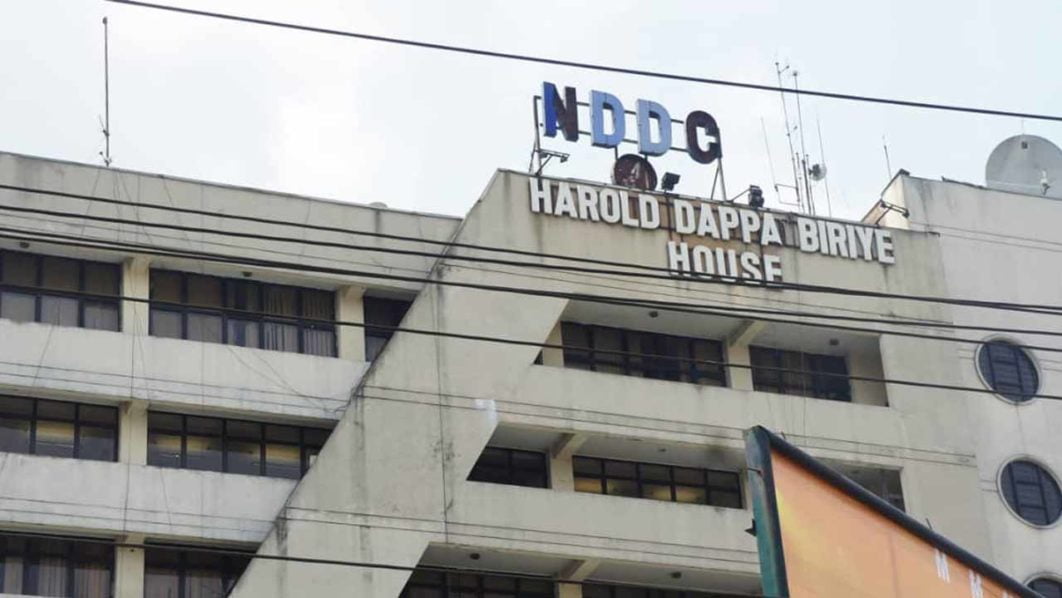The Director-General of the African Development Bank Group’s Nigeria Country Department, Mr Lamin Barrow, has said the Nigerian government’s plan to lift 100 million Nigerians out of poverty by 2030 is threatened by the high rate of unemployment and income inequality in the country.
He said this while representing the AfDB President, Dr Akinwumi Adesina, as a panelist at an investors’ webinar to showcase the investment opportunities in Nigeria’s privatisation and economic reform programme on Tuesday.
Barrow noted that the recovery in crude oil prices, increase in the Value Added Tax rate to 7.5 per cent and elimination of fuel subsidies would provide some fiscal relief for the Nigeria economy.
According to him, there are high fiscal risks due to reliance on oil, weakness in non-oil revenues and high debt service payments, and the other risks to medium-term growth for the country include inflation, insecurity, and high unemployment.
He said, “Fiscal risks are likely to remain elevated in the medium-term due to high dependence on oil receipts, weaknesses in non-oil revenues (less than four per cent of GDP) and high debt service payments (exceeding 60 per cent of federally retained revenues) amidst spending pressures.
“Besides the uncertainties associated with the pandemic, other downside risks to the medium-term growth outlook include fiscal pressures – (fiscal and current account deficits and financing); persistent (food) inflation; insecurity and high levels of unemployment, which has increased to 33.28 per cent (and especially youth unemployment – estimates range from 38 to 42.5 per cent).”
He noted that the COVID-19 pandemic had amplified already weak social conditions.
“Poverty headcount has increased, with approximately five million more Nigerians likely to have been pushed into poverty in 2020. High unemployment and income inequality (35.1 per cent in 2020) pose significant challenges to government’s objective to lift 100 million people out of poverty by 2030,” he added.
Barrow, however, appreciated the government’s efforts at cushioning the health and economic impacts of the pandemic on the people and economy, especially through the increase in the number of beneficiaries of the conditional cash transfers from 2.5 million to 7.6 million.
He advised the government to make prudent fiscal adjustment and implement policy reforms to ensure fiscal soundness, saying the government needed to create an enabling environment for public-private partnerships to close Nigeria’s infrastructure gap to ensure more investments in the country.
He reiterated AfDB’s partnership with the Nigerian government in addressing infrastructure deficit through the $256m Nigeria Transmission Expansion Project, $200m Nigerian Electrification Project, and the $430m support for the Enugu-Bamenda Road linking Nigeria and Cameroun.
Copyright PUNCH.





2 Comments